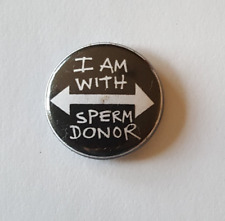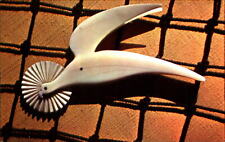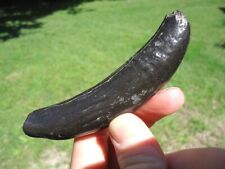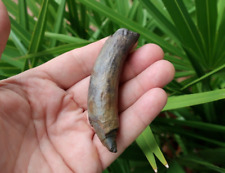
Howard Hughes Medical Institute researchers have shown that when females are more promiscuous, male genes have to work harder. They determined that a protein controlling semen viscosity evolves more rapidly in primate species with promiscuous females than in monogamous species. The research – published in Nature Genetics – demonstrates that sexual competition among males is evident at the molecular level, as well as at behavioral and physiological levels.
Lead researcher Bruce Lahn and his team studied semenogelin, a major protein in the seminal fluid that controls the viscosity of semen immediately following ejaculation. In some species of primates, it allows semen to remain quite liquid after ejaculation, but in others, semenogelin molecules chemically crosslink with one another, increasing the viscosity of semen. In some extreme cases, semenogelin’s effects on viscosity are so strong that the semen becomes a solid plug in the vagina.
“The idea is that in species with promiscuous females, there’s more selective pressure for the male to make his semen more competitive. It’s similar to the pressures of a competitive marketplace. In such a marketplace, competitors have to constantly change their products to make them better, to give them an edge over their rivals. The finding constitutes the first specific evidence that different levels of sexual competition produce different genetic effects. The genes have to adapt faster for any given male to gain an edge over his competitors,” said Lahn.


















Comments are closed.